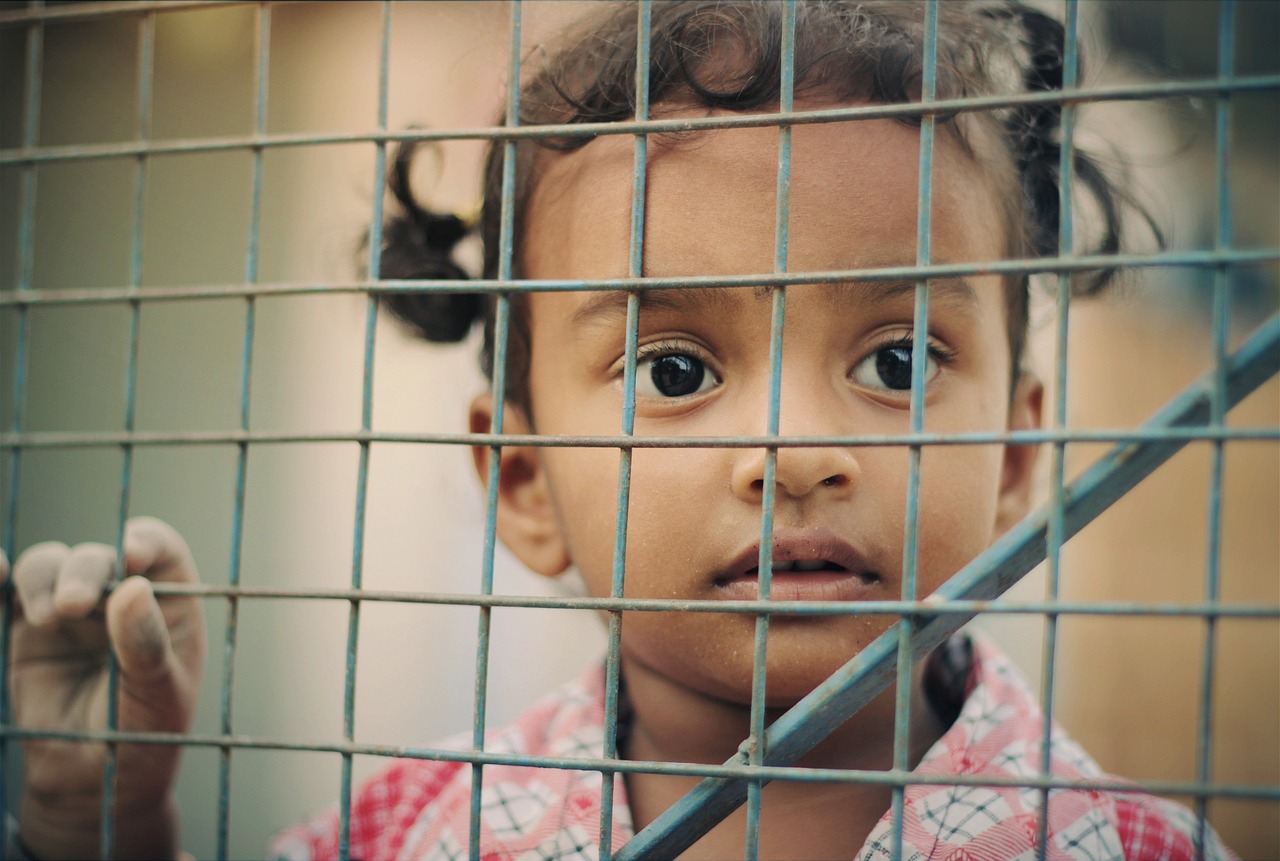The separation of children from their families at the U.S.-Mexico border during the Trump administration remains one of the most contentious and heartbreaking aspects of immigration policy. This practice, part of a broader “zero tolerance” approach to illegal immigration, resulted in thousands of children being placed in government custody, often without clear pathways to reunification with their families. Amidst this trauma, the faith and resilience of these children have emerged as vital themes in their stories.
The Policy and Its Impact
In 2018, the Trump administration implemented a policy that led to the separation of over 5,000 children from their parents or guardians. Families seeking asylum were often met with legal action, leading to children being taken into federal custody. This abrupt separation created significant emotional and psychological distress for both the children and their families, with many parents left in limbo, unaware of their children’s whereabouts.
The Children’s Experiences
While many of the children experienced trauma from the separation, their faith—often rooted in cultural or religious backgrounds—provided a source of strength. Reports emerged of children turning to prayer, community support, and cultural traditions as a means of coping with the uncertainty and fear they faced in detention centers.
Faith leaders and organizations mobilized to provide support, advocating for the rights of these children and their families. Many churches and nonprofits offered resources, including legal assistance, counseling, and emotional support, aiming to foster a sense of hope amidst the chaos.
Reunification Efforts
Efforts to reunite families separated by the policy were met with significant challenges. Legal and bureaucratic hurdles delayed reunifications, leaving many children in foster care or shelters for extended periods. In some cases, parents were deported without their children, complicating the reunification process further.
As the Biden administration took office, it made family reunification a priority. Initiatives were launched to identify and reunite families, though the road to healing remains long and complex for many. The trauma of separation has lasting effects, and the scars from this experience will require ongoing support and understanding.
The Path Forward
The experiences of these children have sparked a national conversation about immigration policy, human rights, and the treatment of vulnerable populations. Advocates continue to push for systemic changes that prioritize family unity and the well-being of children, urging policymakers to consider the long-term implications of separation on young lives.
Moreover, the resilience and faith demonstrated by many of these children serve as powerful reminders of the human spirit’s capacity to endure. Community support, faith-based initiatives, and advocacy efforts play critical roles in helping these children rebuild their lives and foster hope for the future.
As of now, many of the children who were separated from their families under the Trump administration have been placed in various circumstances, depending on their individual cases and the status of their families. Here are some key points regarding where they are now:
- Reunification: Efforts to reunite separated families have been ongoing, with many children successfully reunited with their parents or guardians. The Biden administration has prioritized these reunification efforts, establishing programs to identify and connect families.
- Foster Care and Shelters: Some children remain in foster care or government shelters. These placements can vary in duration, with some children waiting for reunification or for decisions on their immigration status.
- Legal Status: Many of the children are in the process of seeking asylum or navigating the U.S. immigration system. This can involve complex legal proceedings, and some may have received temporary protected status or special immigrant juvenile status, which allows them to remain in the U.S. under certain conditions.
- Support Services: Various non-profit organizations and community groups have been working to provide support, including legal assistance, counseling, and educational resources, to help these children integrate into society and heal from their experiences.
- Continued Advocacy: Advocacy groups continue to work to ensure that the rights of these children are protected, emphasizing the importance of family unity and the need for comprehensive immigration reform to prevent similar situations in the future.
The experiences of these children and their families are diverse, and their current situations reflect a wide range of outcomes based on individual circumstances, legal proceedings, and ongoing support systems.
Conclusion
The separation of children from their families under the Trump administration represents a dark chapter in U.S. immigration policy. While the impact of this policy continues to unfold, the faith and resilience of those affected highlight the strength of the human spirit in the face of adversity. Moving forward, it is imperative that society learns from these experiences, advocating for policies that prioritize family unity and protect the rights and dignity of all individuals, especially the most vulnerable among us.



